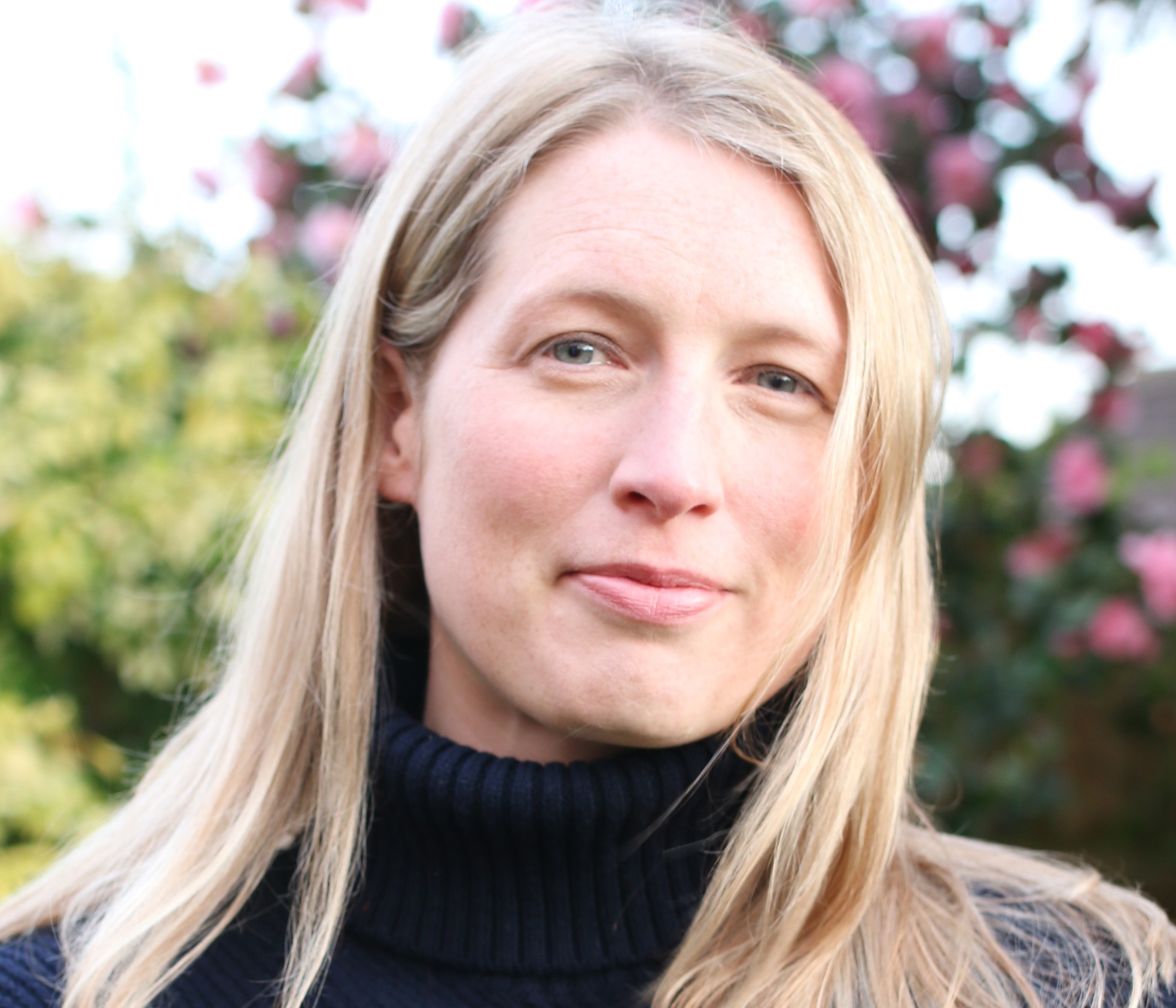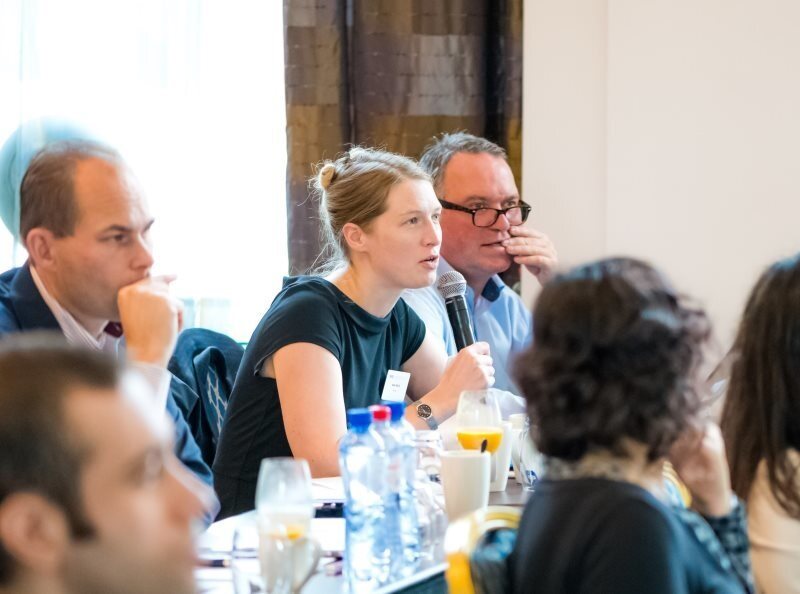Case study overview
Chemical engineer Amy is helping make the world a more sustainable place through engineering and systems thinking. The ELS programme gave her the confidence to move from a role in industry extracting chemicals out of biomass, to a very different one in the public sector; providing insights on how to transition manufacturing industries to a ‘circular economy’.

Interest in sustainability
Before studying chemical engineering at Imperial College London, Amy spent a year working for Imperial Chemical Industries (ICI), which, at the time was doing innovative things such as trying to extract high-value chemicals from plants for flavours and fragrances, which caught her attention. “I became interested in the sustainability aspect, which was a relatively new field and difficult to specialise in at university.”
Amy’s tutor suggested she apply for the ELS programme and Amy used some of the funding to broaden her interest in sustainability through trips to Italy, which included language courses and industrial visits. “The ELS scheme helps you do interesting things. It was a licence to phone up people and ask to come and talk to them,” she says.
ELS helps you do interesting things. It was a licence to phone up people and ask to come and talk to them.
Working on a green solution
When Amy graduated, the ICI division she had been working with became part of INEOS. She helped develop technology for extracting chemicals out of plant material, including Artemisia annua from wormwood, as part of research to find a cure for malaria. “That was really motivating – looking at how you apply tech to something that has real global impact potential, but I was really drawn to how we could assess which technology was the most sustainable,” she says.
Consequently, Amy began to work on sustainability projects including carbon footprinting and moved to the industry cluster organisation, Chemicals Northwest, to manage the sustainable development and innovation programme. “I liked trying to set up programmes to get industry enthused by the things they should be doing, like climate change mitigation and adaption,” she says.

Leader of circular economy
Following maternity leave, Amy worked for a not-for profit company called Britest, which helps multi-disciplinary industry teams to work effectively on process design and troubleshooting. “I came in to see how to integrate sustainability into the tools and methodologies,” Amy explains.
She enjoyed leading pan European projects and teams to understand how sustainability should be evaluated across sectors, working for the benefit of the industry as a whole, rather than individual companies.
Amy made her latest transition to the public sector when she became innovation lead on circular economy at Innovate UK. She investigates where industry support is needed to improve manufacturing and address net zero challenges.
“Climate change is such an urgent problem,” she says. “We have to do programmes that do not just save 5% here and there. We’ve got to be looking at the system level: how do we improve manufacturing, infrastructure and transport and how do all the pieces fit together? It’s a big challenge but I really like it.”
Advice
Amy says that while the ELS scheme supports people who have already demonstrated leadership potential, it can also be beneficial to young engineers with great ideas and a vision of what they want to do – and she should know, as she has been on the selection panel for several years. “We’re looking for people who have that spark and interest, far beyond whether they tick every last academic achievement box,” she says.
Interested in participating in the Engineering Leaders Scholarship?
Visit the programme pages to find out more about how it could benefit you and your career.
